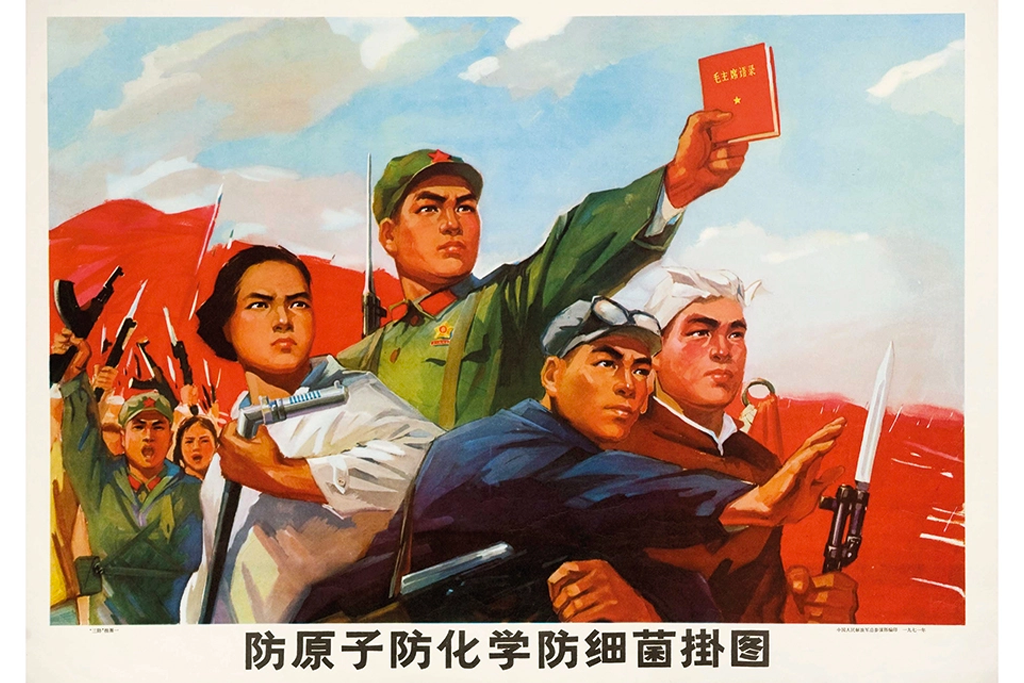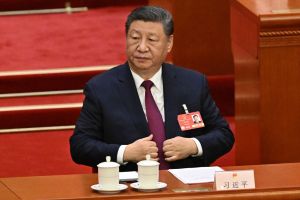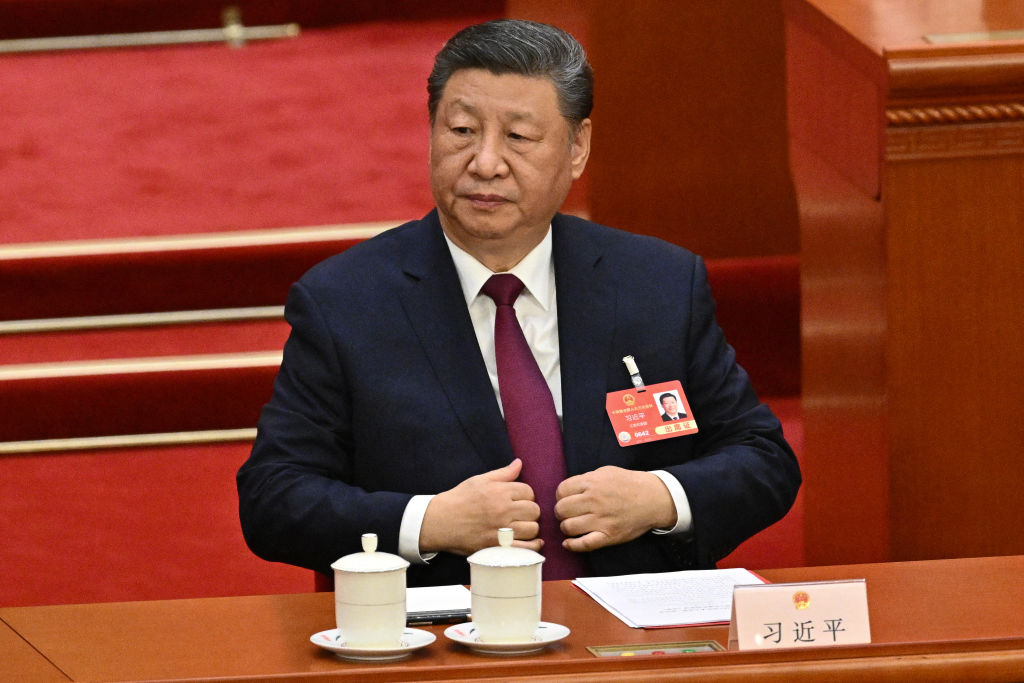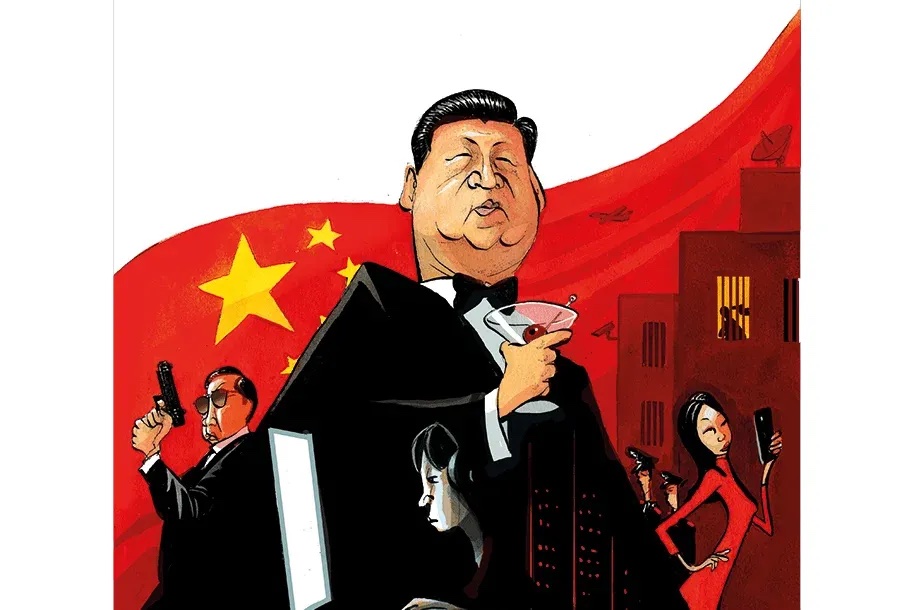This year is the Chinese Year of the Rabbit. The spring festival began on January 22, and in Chinese culture the rabbit represents the Moon. Some say it is because the shadows in the moon resemble the animal, but it also reflects its characteristics. The rabbit’s quiet personality hides its confidence and strength: it is moving, steadily moving, towards its goal, whatever the obstacles. Some also say that it lives in fear all the time, finds it difficult to open up to others and often turns to escapism.
I never really thought about the meaning of a “rabbit’s pure characteristics” in Chinese daily life until I read these two books about the Cultural Revolution. Formally known as the Great Proletarian Cultural Revolution, this sociopolitical movement in the People’s Republic of China ran from 1966 to 1976, the year of Mao’s death.
Since I moved to the UK in 1997, I have read about thirty books in English on the subject, most of them written by western authors and only a few by Chinese. When I read westerners’ work about it I feel like a tourist following a travel-guide walk on one side of a river, with the Cultural Revolution on the other side. When I read Chinese authors, I can feel the stories by my skin. But neither of these books are travel guides to Chinese history, or window-shopping approaches to the Cultural Revolution. They are people’s books. Both present a record of those who experienced and bore witness to the events of that time.
Tania Branigan, who has part-Thai roots, was sent to China as a correspondent for the Guardian in 2008, the year of the Beijing Olympics, or “Golden Year” for the Chinese. She discovered this neighbor of her grandmother’s homeland pushing towards the future in a whirlwind of reform. Her notebooks soon filled with details about factory workers and farmers streaming towards cities, and corruption scandals, activists and social change. She reported on China’s first gay beauty pageant. Everyone was on the move, for survival and in spirit. People would abandon the fields, change jobs, find religion and lose old friends; they worked hard to pin hope on anything in the future. Marriage, family and community disappeared in an instant.
Branigan also found that the Chinese have no time to look back on recent history. The older generation, who were witnesses to the violence, are carrying their painful memories into another world. Their offspring do not care to listen to their legend, or let dark memories cloud their future blue sky. The ten years of the Cultural Revolution have been compressed into a single phrase.
But Branigan, who worked in China for seven years, came to believe that the Cultural Revolution is still a part of today’s China. Red Memory gathers the personal stories she heard when she was living there, as well as her own exploration and analysis of the period:
One-fifth of the world’s population; a place of staggering social, cultural and ethnic diversity, spread across territory almost forty times larger than my homeland. Each day taught me how little I knew and how much I needed to excavate. There was a joke that after a month you could write a book on the country (and there were a few of those); after a year you could write an essay; after five, perhaps a sentence. I interviewed lawyers and novelists and workers; survivors damaged by their experiences, and others who yearned for the return of the era. I heard excruciating accounts of loss, happy reminiscences and painstaking dissections of abstruse political rifts. Eventually I arrived home to Britain with a suitcase of notes and books and pictures, and a sense of defeat. When I had begun, it seemed I might be witnessing a change: that hard, grassroots effort might be clawing out room for discussion. Now I knew that the space was shrinking instead.
I wondered whether the success of Red Memory might owe something to Branigan’s “Chinese looks” — whether her Thai heritage had helped her gain the trust of her interviewees, and had avoided the “western face-checking” of the national security agency. But when we spoke last month she told me she didn’t think that was so, and that many western-looking journalists had successfully dug out previously hidden stories.
Wang Youqin, an international professor in Chinese language at the University of Chicago, has been methodically collecting material from victims of the Cultural Revolution since 1980. She has interviewed more than 1,000 students or teachers individually, from 200 schools or more in Beijing, Shanghai, Tianjin, Jiangsu, Zhejiang, Guangdong, Jiangxi, Fujian, Shanxi, Shaanxi, Sichuan, Xinjiang and other cities. Following the investigative stage, she spent several more years compiling information on all the 659 victims who appear in this long, seven-part book.
The accounts felt very familiar. Many of the interviewees are in their sixties, like me, or of the older generation. We are the ones who have been making the effort to be “normal” by day, in front of our families and others, but who fail to be normal at night, when it is impossible to control memories. In sleep, those deep, painful recollections are unwilling to be silenced. The Cultural Revolution has blackened our dreams forever. I, too, have spent more than forty years trying to interview Chinese people about it; to collect stories of the Cultural Revolution in my own books, such as The Good Women of China, China Witness and The Promise; and to find out how those who experienced it deal with their nightmares.
In today’s China, where it is not permissible to talk about it, and there is no chance of sharing its memory with your children, this period has been sealed. I live with the fear that the young now won’t have any chance of understanding their family histories, or how their traditional home towns were destroyed. When a Chinese student from Leeds University came to stay with me for Chinese New Year, she saw me in tears, and asked why. I let her read some pages from these two books and she was shocked and saddened. Her knowledge of the Cultural Revolution was almost zero.
She couldn’t understand why there was no mention of it in China’s own history textbooks. She wondered how many people of her generation would know that the death toll was more than 1.72 million; and she could hardly accept that her parents and grand-parents had lived through such times. I asked her whether she thought it would be an important step in uncovering the truth if her contemporaries could read these books, and she said, yes.
She then asked me about my own memories. I told her that one of my recurring nightmares began in the late fall of 1966. I was at elementary school. In the space of a week my parents were taken away by the Red Guards, one after the other. My children’s books and the lovely doll I slept with, as well as my parents’ own books and our furniture, were all thrown on a bonfire in our yard. That fire was lit in the afternoon and lasted until midnight — and with it ended my happy childhood and my right to play and talk with other children. I became a political orphan.
For the next six-and-a-half years, along with other children taken into the custody of the Red Guards, I lived with daily starvation and abuse. It seemed that everyone had the right to beat us because we were “black kids,” from American and British enemy-related families. In the night, the Red Guards came to our dormitory to choose a child as their “violent game player.” Those dark shadows were walking towards us with their ghost voices: which one would you like to choose tonight?
The dream came again last month, on Chinese New Year’s Eve:
Will it be me this time? They want to choose me to punish in the next room tonight? What might they do to me there? Oh dear, they are coming… I can see those dark shadows are coming up to me…
I woke up sweating, and, as always, it took me a while to register where I was. Every night I lay out some objects around me in bed before I sleep which can help me walk out of that horrible dreamland and realize: I am not in my childhood in China. I live in London now.
This article was originally published in The Spectator’s UK magazine. Subscribe to the World edition here.

























